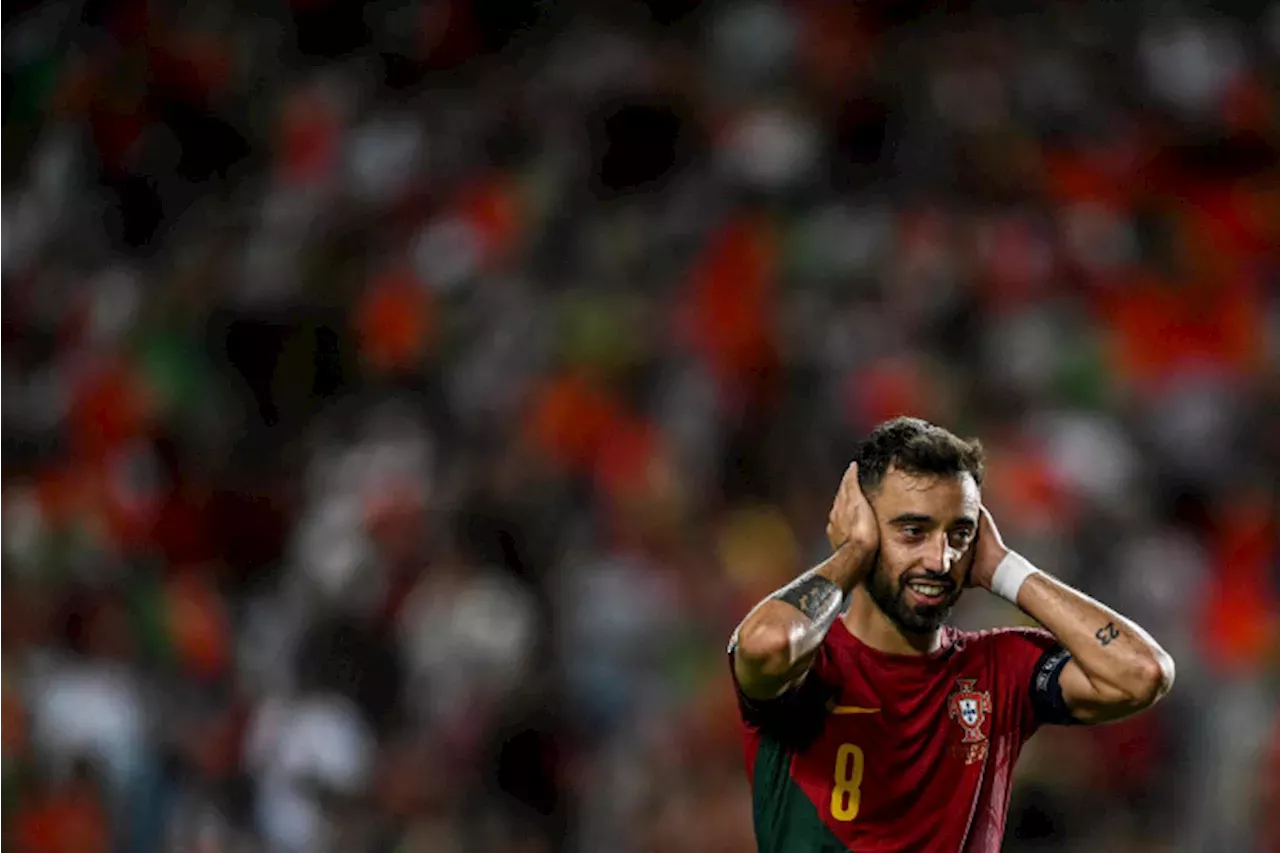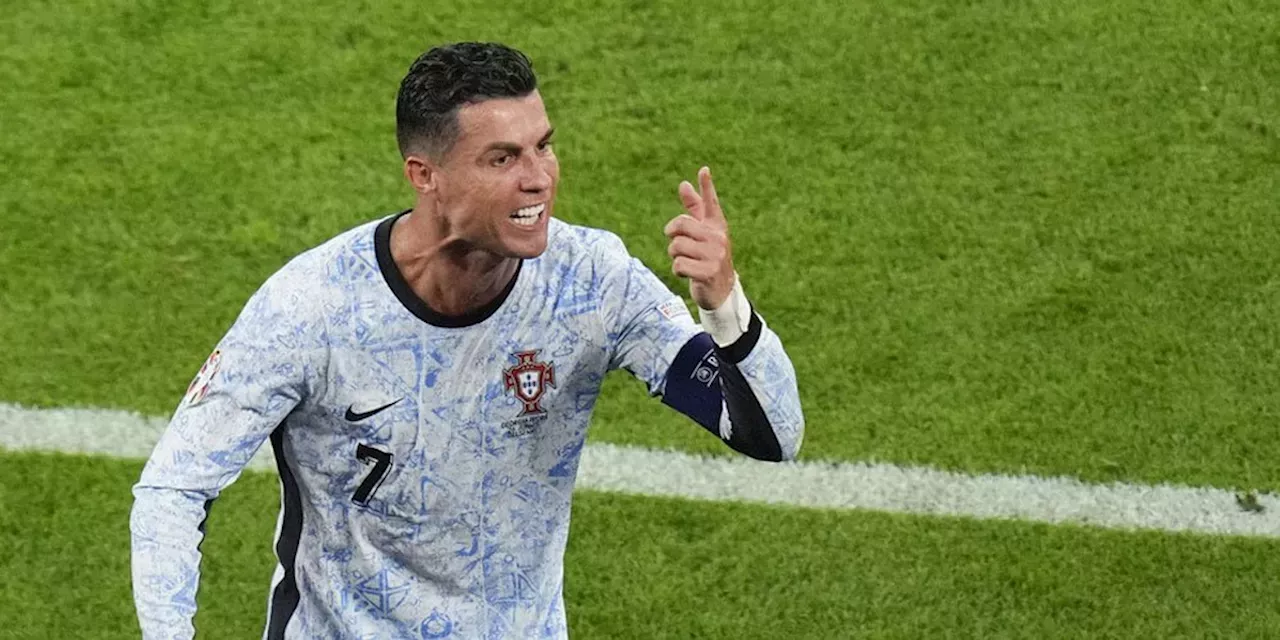Historical Context: Portugal Vs Slovenia

Portugal and Slovenia have a long and complex history, dating back to the Middle Ages. The two countries were first brought into contact through the Crusades, and they maintained close ties throughout the Middle Ages and Renaissance. However, their relationship became strained in the 16th century, when Portugal became a major colonial power and Slovenia came under the control of the Habsburg Empire.
In the 19th century, both Portugal and Slovenia began to experience nationalist movements. These movements led to the independence of Portugal in 1822 and Slovenia in 1991. Since then, the two countries have enjoyed close relations, based on their shared democratic values and their commitment to European integration.
Key Events and Turning Points
* 1147: The Portuguese Crusaders capture Lisbon from the Moors.
* 1249: The Portuguese and Slovenian Crusaders participate in the Seventh Crusade.
* 1580: Portugal becomes a part of the Spanish Empire.
* 1640: Portugal regains its independence from Spain.
* 1703: The Methuen Treaty is signed between Portugal and England.
* 1822: Portugal becomes independent from Brazil.
* 1910: The Portuguese monarchy is overthrown.
* 1918: Portugal joins the League of Nations.
* 1932: Portugal becomes a republic.
* 1949: Portugal joins NATO.
* 1974: The Portuguese Revolution overthrows the dictatorship.
* 1986: Portugal joins the European Community.
* 1991: Slovenia declares independence from Yugoslavia.
* 2004: Slovenia joins the European Union.
* 2007: Slovenia joins the eurozone.
How the Historical Context has Shaped the Current Dynamics between the Two Countries
The historical context has shaped the current dynamics between Portugal and Slovenia in a number of ways. First, the two countries have a long history of cooperation and friendship. This has created a strong foundation for their current relationship. Second, the two countries share a commitment to democracy and European integration. This has led them to work together on a number of common goals. Third, the two countries have a similar level of economic development. This has made it easier for them to cooperate on economic issues.
Cultural Similarities and Differences

Portugal vs slovenia – Portugal and Slovenia, two European nations separated by geographical distance, share intriguing cultural similarities and differences that shape their interactions. From language and religion to cuisine, music, and art, these cultural factors influence how the two countries perceive and engage with each other.
Language
Language plays a significant role in shaping cultural identity. Portugal’s official language is Portuguese, a Romance language derived from Latin. Slovenia, on the other hand, speaks Slovene, a Slavic language. Despite their linguistic differences, both countries recognize the importance of language learning. English is widely spoken as a second language in both nations, facilitating communication and fostering cultural exchange.
Religion
Religion has historically been a defining aspect of both Portuguese and Slovenian societies. Portugal is predominantly Roman Catholic, with over 80% of the population adhering to the faith. Slovenia, while also having a Catholic majority, is more religiously diverse. Approximately 60% of Slovenians identify as Catholic, with significant minorities belonging to Orthodox Christianity, Islam, and other religious groups.
Cuisine
Culinary traditions offer a glimpse into a nation’s cultural heritage. Portuguese cuisine is renowned for its seafood dishes, influenced by the country’s coastal location. Bacalhau (dried and salted cod) is a national favorite, along with grilled sardines and octopus. Slovenia’s cuisine reflects its Central European influences, with hearty dishes such as goulash and dumplings. Both countries share a love for pastries and desserts, with Portugal’s pastel de nata and Slovenia’s potica being popular treats.
Music
Music is a powerful expression of cultural identity. Fado, a melancholic and expressive genre, is synonymous with Portugal. It is characterized by its soulful vocals, accompanied by the traditional Portuguese guitar. Slovenia’s musical heritage is equally rich, with folk music playing a prominent role. Polka and waltz are popular dance forms, while traditional instruments like the accordion and clarinet are commonly used.
Art
Art provides a visual representation of a culture’s values and aesthetics. Portugal has a long history of artistic achievement, with renowned painters such as Vasco da Gama and Amadeo de Souza-Cardoso. Slovenia’s art scene is vibrant and diverse, with a focus on contemporary and modern art. The country is home to renowned museums and galleries, showcasing works by artists like Ivana Kobilca and Zoran Mušič.
These cultural similarities and differences between Portugal and Slovenia create a dynamic and multifaceted relationship. Language, religion, cuisine, music, and art all contribute to the unique identities of these two nations while also providing opportunities for cultural exchange and mutual understanding.
Economic and Political Relations
Portugal and Slovenia share strong economic and political ties, characterized by cooperation and mutual support. Their relationship is anchored in their shared membership in the European Union and NATO.
Trade between the two countries has grown steadily over the years. Portugal primarily exports machinery, electrical equipment, and textiles to Slovenia, while Slovenia exports chemicals, pharmaceuticals, and automotive parts to Portugal.
Investment Flows
Investment flows between Portugal and Slovenia have also increased in recent years. Portuguese companies have invested in Slovenia’s tourism, energy, and real estate sectors. Slovenian companies have invested in Portugal’s infrastructure, technology, and manufacturing sectors.
Diplomatic Ties, Portugal vs slovenia
Diplomatic relations between Portugal and Slovenia are excellent. The two countries maintain embassies in each other’s capitals and engage in regular high-level visits.
Portugal and Slovenia cooperate closely on a range of issues, including trade, investment, energy, and security. They also share a common interest in promoting peace and stability in the Western Balkans.
Portugal and Slovenia are facing off in a crucial match that could determine their fate in the tournament. As the tension builds, we can’t help but wonder where is Beryl headed in this intense battle? Will he be able to lead his team to victory, or will he be forced to concede defeat?
Back to the match, Portugal and Slovenia are giving it their all, and the outcome remains uncertain.
Portugal and Slovenia faced off in a thrilling match, with Portugal emerging victorious. While the game was intense, it reminded me of the captivating works of beryl barbados , whose vibrant and thought-provoking paintings evoke a similar sense of excitement and intrigue.
Returning to the match, Slovenia’s valiant efforts were commendable, but Portugal’s triumph was a testament to their skill and determination.